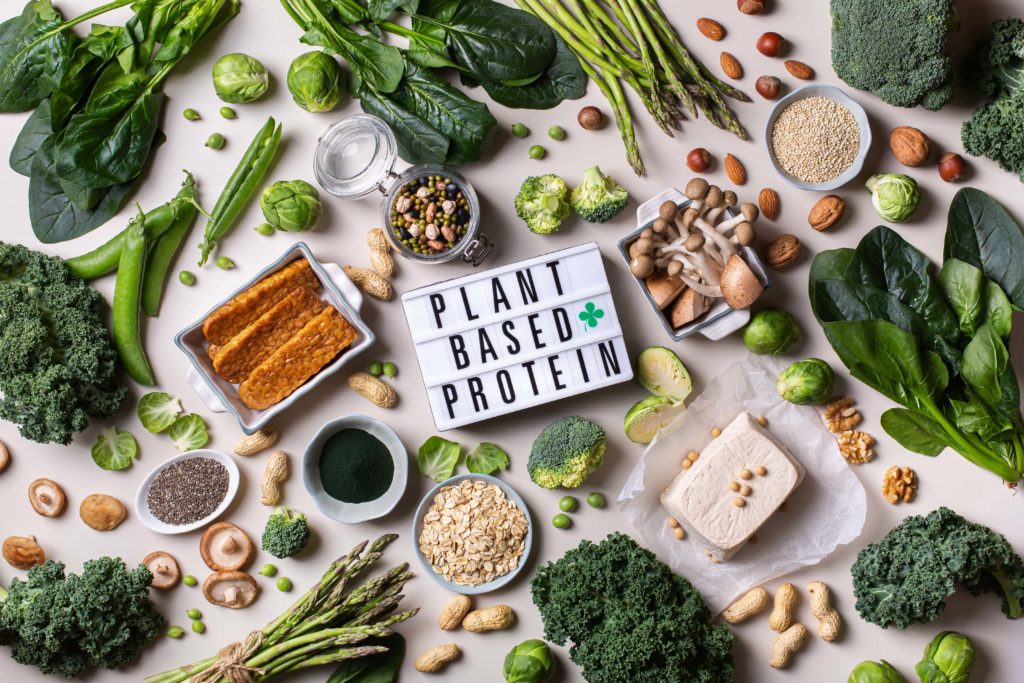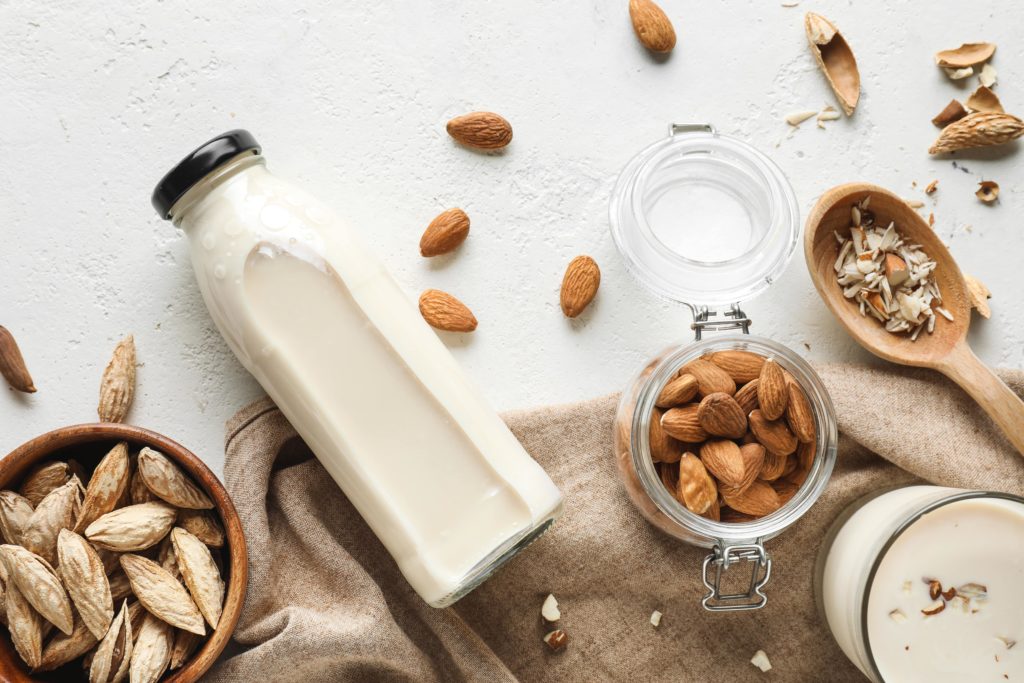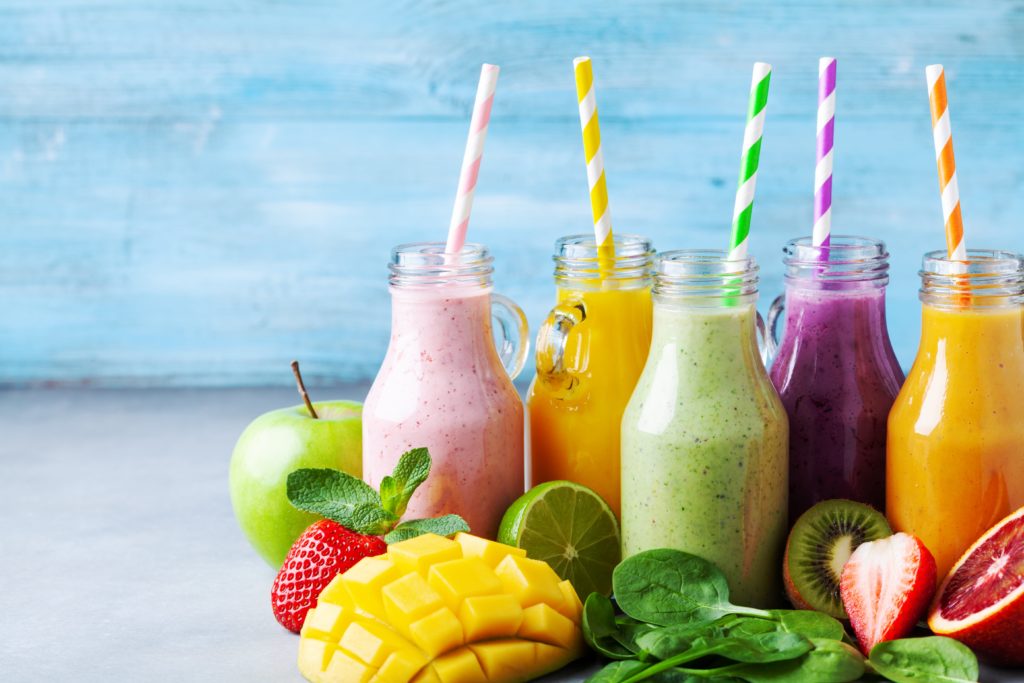Unlocking the Power of Ocean Ingredients
Introduction
Consumers continue to look for food and drink that are natural, trustworthy, and good for long-term wellness. Fish has always been linked to health. Now, plant-based options like algae are also gaining interest. Both are known for their omega fatty acids, which support the brain, heart, and joints. This makes them a strong choice for people who want simple and effective nutrition. In this blog, we explore why ocean ingredients remain a go-to option for health-focused consumers and how brands can use them to meet growing demand.

Fish as a Foundation for Health
Fish continues to be widely recognized for its nutritional value. This ranks just behind fruit, vegetables, and yoghurt as one of the top foods global consumers turn to when seeking health benefits (39%). This reflects its reputation as an essential part of a balanced diet. It is valued for both everyday wellness and long-term health support.
Health Concerns Today
Consumers are focusing more on how they feel in their day-to-day life and what they see in the mirror. Stress, financial uncertainty, and unhealthy routines are affecting wellbeing. These pressures highlight growing demand for convenient solutions that offer more than basic nutrition and instead seek for added health benefits. Ocean-derived ingredients, such as fish oils, are well positioned to meet this need by targeting multiple health priorities, from concentration and energy to joint and heart health.
Health Benefits of Omega
Omega fatty acids are strongly associated with brain function, mobility, and cardiovascular health. This high awareness benefits the industry, as many consumers already make the connection between omegas and wellbeing. For those less familiar, clear claims such as “supports cognitive health” or “aids joint mobility” help drive understanding. With many households reassessing health spending, positioning omegas as a multifunctional nutrient which reinforces value is key. Fish remains the most common source. FMCG Gurus' consumer insights reveals 65% of global consumers look to obtain sources of omega fatty acids from fish. However, supplement use as an alternative option is rising as consumers look for easy ways to add an extra health boost to their diets.

Linking Nutrition and Naturalness
Fish is perceived as natural with few added ingredients. 70% of global consumers say it is important or very important that groceries are 100% natural. This shows consumers want reassurance that products are real, authentic and free-from additives. Natural products signal better quality and better-for-you, both which are important to consumers when making purchasing decisions. These claims are often also associated with sustainability due to pure formulations and natural sources. This is important to consumers as more people are concerned with the state of the planet.
Plant-Based Alternatives: Algae
As more people reduce or eliminate animal-based products for health, ethical, or environmental reasons, interest in plant-based alternatives continues to grow. One area of concern, however, is nutrient sufficiency particularly when it comes to omega fatty acids which are often obtained from fish.
Algae offers an innovative, plant-based source of omegas that can serve as an alternative to fish-derived options. While general awareness of algae is relatively high (74% of consumers have heard of it), awareness of specific types like spirulina remains low, at just 22%. However, nearly half of those familiar with algae or spirulina report consuming products containing these ingredients at least occasionally. This suggests that with greater education, algae has strong potential to become a popular source of plant-based omegas.
Opportunities from Ocean Ingredients
The rising demand for functional, convenient, and sustainable nutrition creates strong opportunities for brands. Positioning fish, omegas, and algae as versatile ingredients that support multiple aspects of wellbeing which can build strong consumer appeal and increase perceived quality. At the same time, emphasizing natural formulations, sustainability, and transparency will help brands stand out, especially as consumers navigate the pressures of modern living and make more considered choices about how they invest in their wellbeing.


































